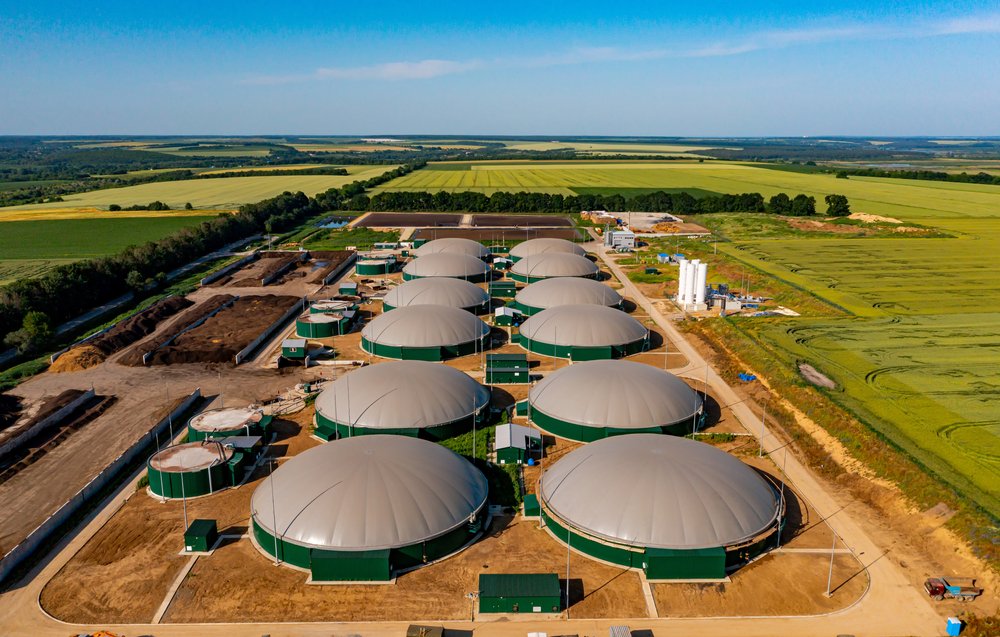Biogas is considered a sustainable alternative to natural gas, but heating costs for consumers are rising significantly. While those who opt for biomethane benefit from climate advantages, high gas prices put a strain on household budgets. According to Verivox, the premium for tariffs with 65 percent biomethane is around 15 cents per kilowatt hour compared to conventional gas. This shows that biogas remains a costly option for many homeowners, despite its environmental benefits.
Building Energy Act forces households to rethink
With the Building Energy Act, politicians have established clear requirements. Since last year, heating systems in new buildings within development zones must be powered by at least 65 percent renewable energy. For construction projects outside these zones, the rule will apply from 2026. Gas and oil heating systems are also only permitted to a limited extent in existing buildings. Furthermore, they must be designed in such a way that a later conversion to renewable energy is feasible. From 2045, the law only permits systems that are entirely powered by renewable energy.

For many households, biogas appears to be a viable way to comply with legal requirements. Gas suppliers have significantly expanded their offerings: In August 2023, Verivox listed 189 biogas tariffs, and by August 2025, this number had risen to 326. This demonstrates that biomethane is playing an increasingly large role in the market.
Biogas Tariffs: Major Differences in Biomethane Shares
A closer look, however, reveals significant differences. Some tariffs contain only 10 or 30 percent biomethane and therefore do not meet the requirements of the Building Energy Act. Climate gas tariffs that only offset CO₂ emissions are also not considered a viable alternative. Consumers should therefore compare gas prices carefully and ensure that the minimum biomethane share is 65 percent.
The costs are considerable. Biogas tariffs with 65 percent biomethane average 15 cents per kilowatt-hour, with a range of 12 to 20 cents. For tariffs with 15 percent biomethane, the average is 14 cents, with fluctuations between 11 and 17 cents.
Heating costs rise significantly compared to natural gas
In direct comparison, conventional natural gas tariffs are significantly cheaper. In August 2025, the average price was around 11 cents per kilowatt-hour. Even the basic supply tariffs, often considered expensive, were around 14 cents. New customer offers with a price guarantee offered the cheapest option at 9 cents per kilowatt-hour. This means that while biogas benefits the climate, it significantly increases heating costs.
Despite these disadvantages, biomethane has advantages. It can be produced regionally, reducing dependence on imports. Furthermore, organic waste and residues can be incorporated into production. Thus, in the long term, biogas not only contributes to security of supply but also to the reduction of fossil fuels.
Sustainability comes at a price
The high gas prices for biogas are due to its complex production process. Nevertheless, the use of biomethane supports a climate-friendly energy future. Those who choose this option comply with the requirements of the Building Energy Act and contribute to the energy transition. At the same time, the challenge of keeping heating costs affordable remains. This brings biogas into focus as a solution, but it remains an expensive commitment for many households.
